Parents begging doctors to help mentally unwell children told there's nothing they can do
Parents have described begging doctors in the public health system to help their acutely mentally unwell children for years and being repeatedly told there was nothing they could do.
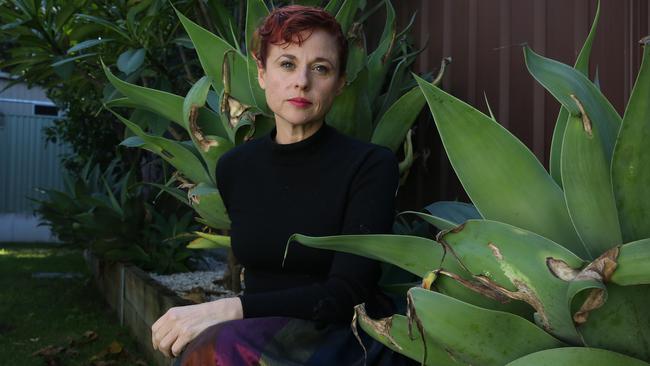
Parents have described begging doctors in the public health system to help their acutely mentally unwell children for years and being repeatedly told there was nothing they could do, as overloaded hospitals are turning the sickest patients away and some of the country’s most senior psychiatrists describe a broken system.
Vanessa Kenny, whose 17-year-old son has been diagnosed with anxiety, autism, Tourettes, and a mood disorder, says the family home in Sydney, which she also shares with her partner and two young children, has been a “war zone” for the past decade.
Ms Kenny said that when she saw the “utter tragedy that changed so many lives forever” at Bondi Junction Westfield unfold across social media and TV, “the first thing that came to my mind is that I felt sorry for (Joel) Cauchi, I felt sorry for Cauchi’s parents” and she thought, guilt-stricken, about “the nightmare that this could be our son one day”.
Her son had desperately “bounced” between at least a dozen short-term public inpatient and outpatient services, and private clinics, since he was nine, with doctors repeatedly telling her his issues were “too complex” and there was nothing they could do for him, or alternatively, that he “presented well” and she was “catastrophising” the situation.
She said on seeing the footage of Cauchi: “Visions of my own child played in my mind like a horror movie.”
“I, like many others have been fighting a healthcare system that is not only inadequate, but also set up for failure,” she said.
“The health system, their executives and our own ministers like to say that he ‘fell through the cracks’. This is not true. This is a system that is designed to fail, designed to push somebody onto another public service so that they do not have to address the issues at hand.”
Ms Kenny summarised Australia’s mental health system as: “I take him to emergency, they triage him, he’s not admitted, they connect him to ‘Safeguards’ (western Sydney adult mental health team), it’s another four-week cycle, and then he’s put out into the community again with no support … and that cycle keeps going on and on.”
She found the private system was also “inaccessible, and unsustainable”.
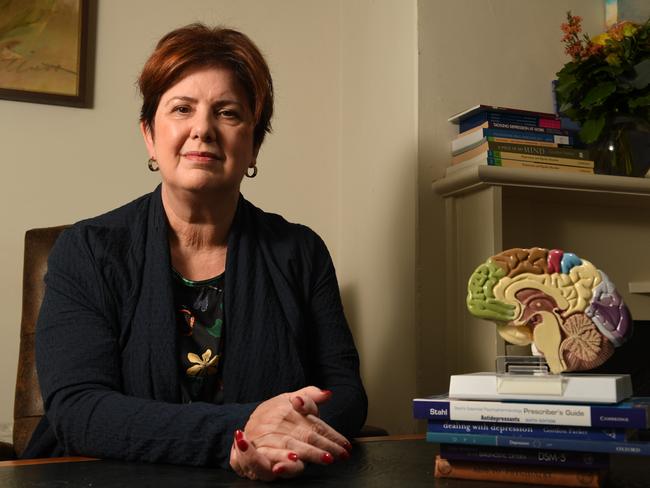
Adelaide private psychiatrist Michelle Atchison said no one would argue that “our mental health system is utterly broken”.
“There would be many of us who would say that the capacity to have asylum, and stay in a hospital for a long period of time, might be preferable to being homeless,” said Dr Atchison, the chairwoman of the Australian Medical Association Council of Private Specialist Practice.
“Now, every public hospital mental health system is full to overflowing, private health systems are full to overflowing. It is a sad reality that there will be people who will fall through the system.”
Psychiatrist Matthew Large, a conjoint professor in the discipline of psychiatry and mental health at the University of NSW, said “my impression is that we’re treating fewer than half of the severely mentally ill people with schizophrenia and dual diagnosis problems than we should be treating”.
“It might actually be five times fewer,” he said.
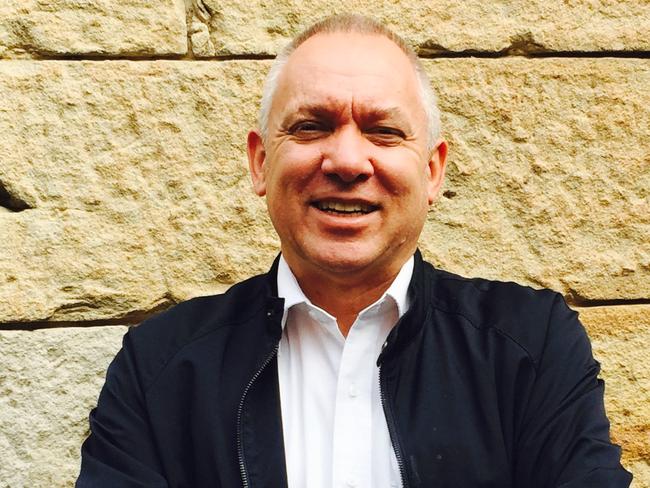
Ms Kenny’s son had behavioural issues and anxiety from the age of nine, and was diagnosed with ADHD early.
When he was about 13, he was referred to the Psych Med clinic at the Children’s Hospital at Westmead in Sydney, where he remained an outpatient for many years, before being passed through psych wards, and other four to six-week youth mental health services with “no tangible results”.
At a low point in April 2021, her son had “a complete meltdown” and had to be restrained on the floor by her and her partner. The next day, they took him to the Children’s Hospital emergency department and “refused to leave” until he was admitted. While in emergency he was laying on things, rocking and pacing.
“But two days later, they just released him,” she said, still shocked, “with an information sheet that said if you feel like you’re out of control, hold a piece of ice.”
Throughout it all, “we have endured accusations of domestic violence simply because our son needed us to restrain him during neurological episodes, an act necessary to prevent self-harm. We’ve witnessed the havoc wrought by potent medications, rendering our home unsafe for all. Like Cauchi’s family we’ve hidden sharp objects, transforming our household into a battleground where safety is a fleeting illusion.
“We have been threatened by health professionals of being black-listed, had medical records locked or redacted.”
When Ms Kenny approached one youth mental health service during a particularly difficult period where her son had psychotic episodes for multiple days, she was told to “take (him) down to high street youth service and relinquish care of your child for him to live in a group home”.
“And I said I can’t do that and I haven’t fought this long to help him for you to tell me to just dump him on the street. He will be a justice problem, he will be a homeless problem,” she said.
He’s now living on his own with a support worker, but he still doesn’t have an ongoing psychiatrist.
Ms Kenny is sad for the lost potential of her smart, funny kid because he couldn’t get the help he needed. “I know that life is not a fairytale, but I would like to think with early intervention, strong advocates, and accessible resources that all of this could be avoided,” she said.
The Bondi stabbings was a “wake-up call for us all to do better, to be better, to create a world where no one is left to suffer in silence”.


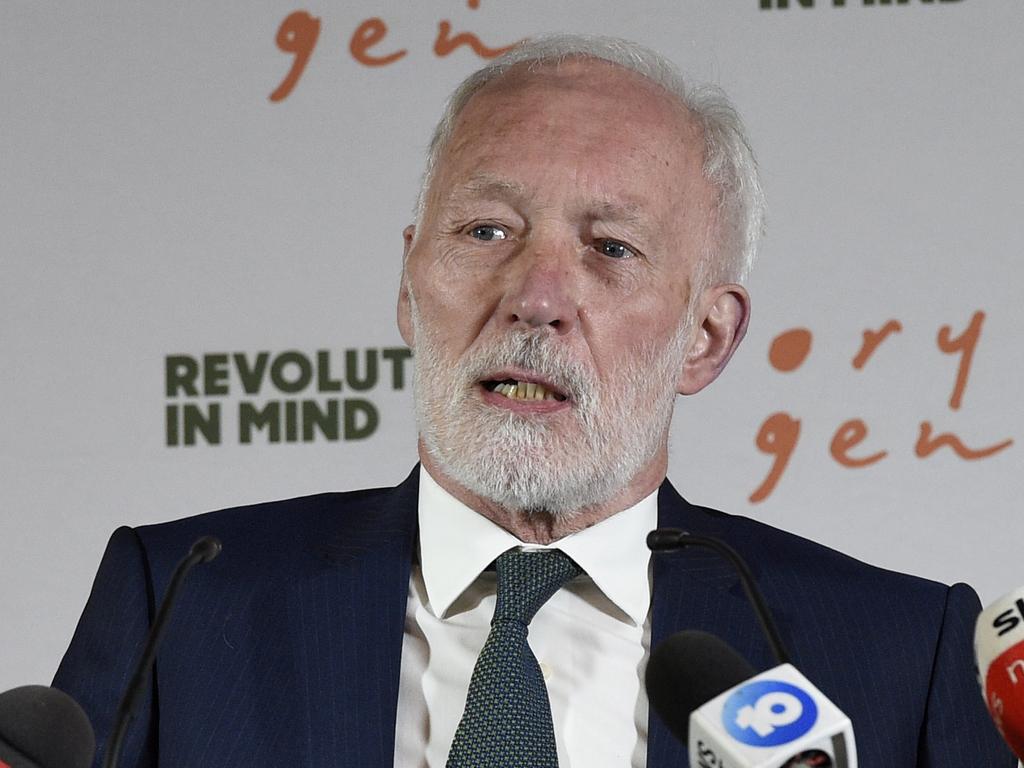
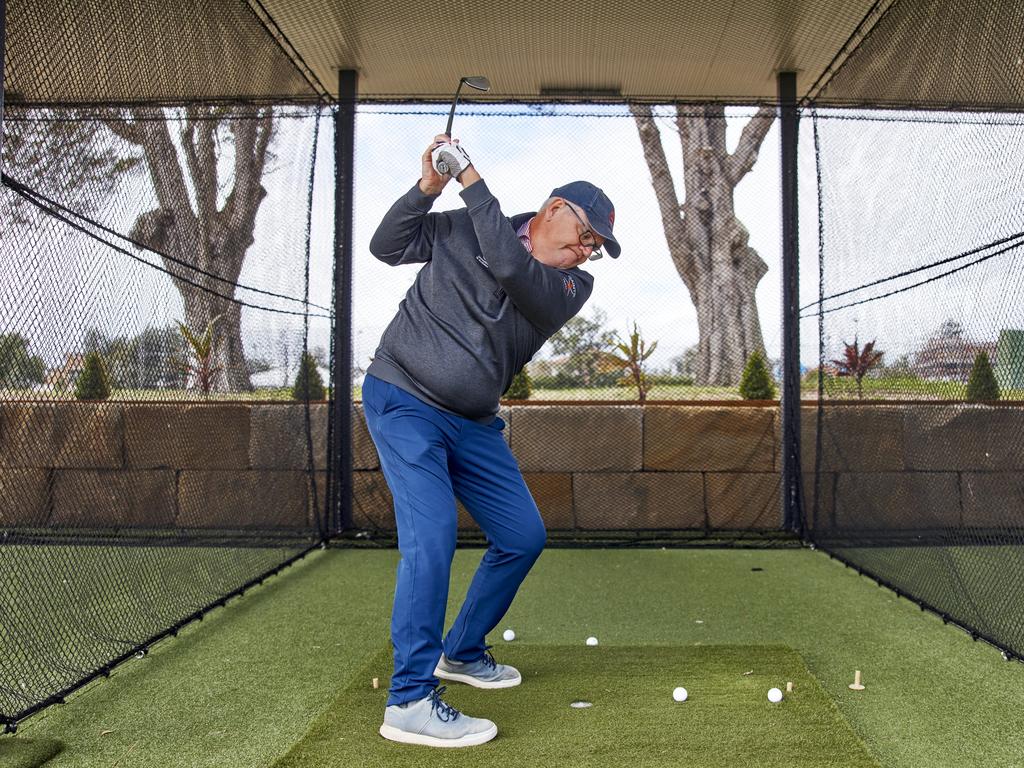



To join the conversation, please log in. Don't have an account? Register
Join the conversation, you are commenting as Logout